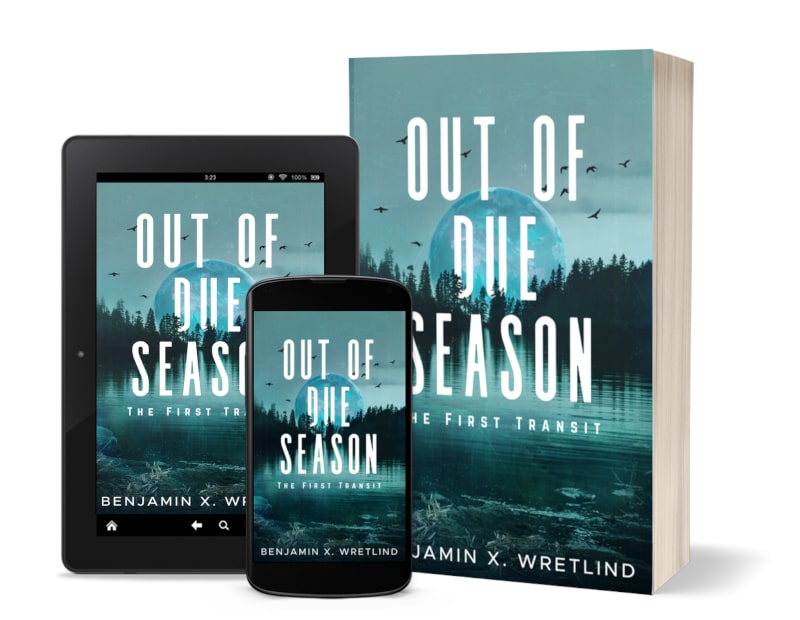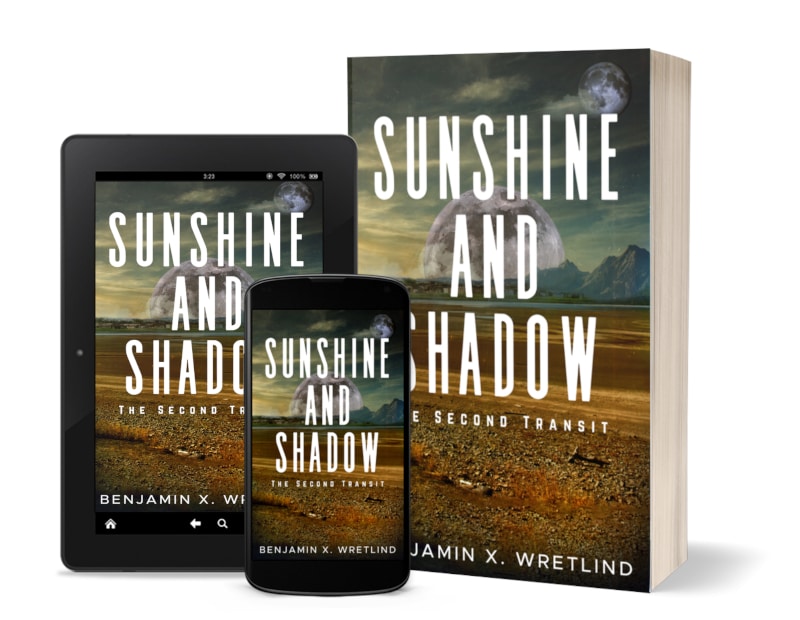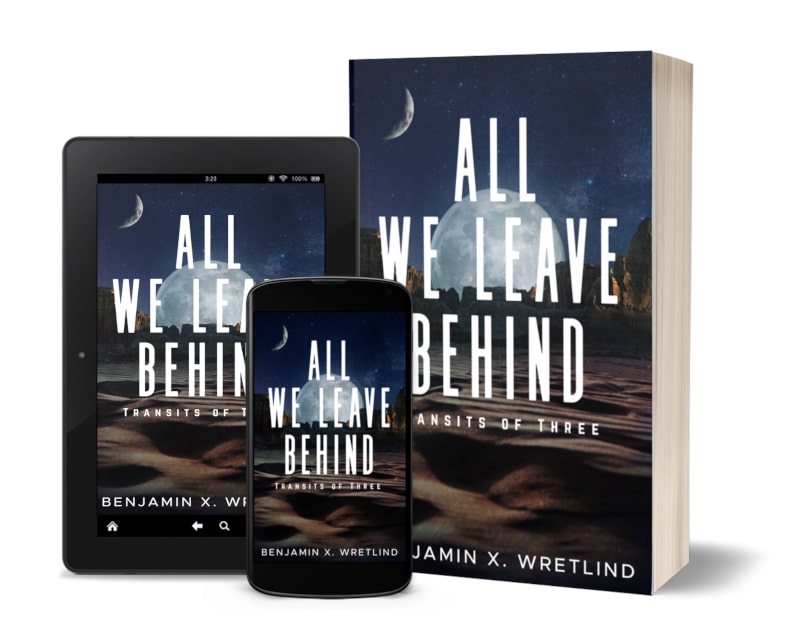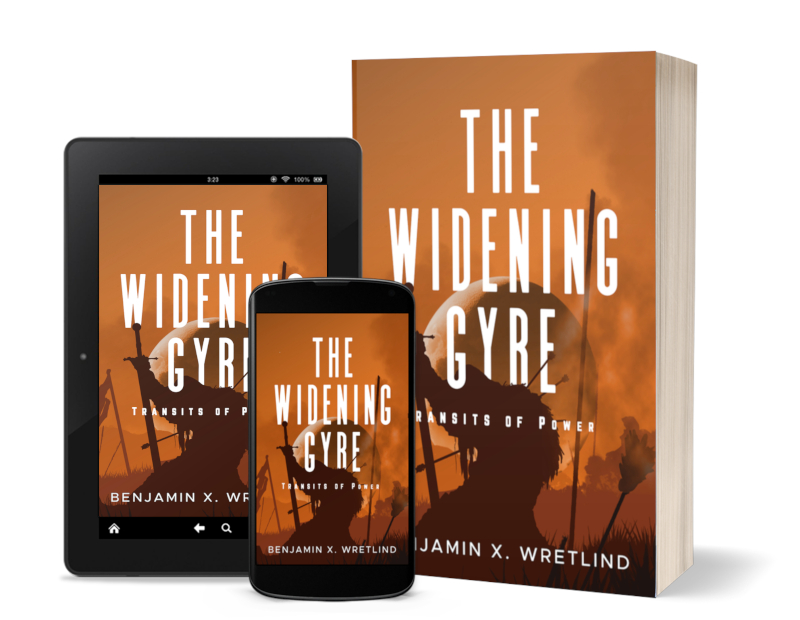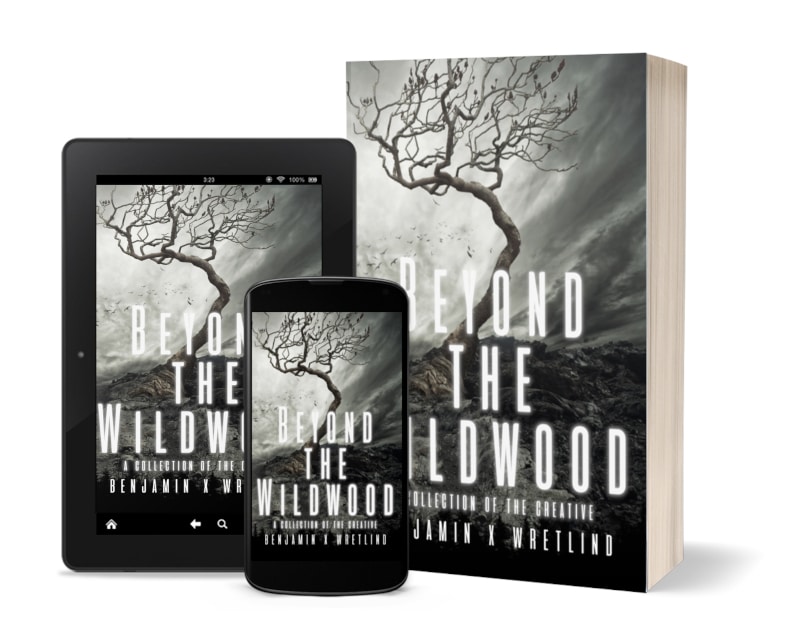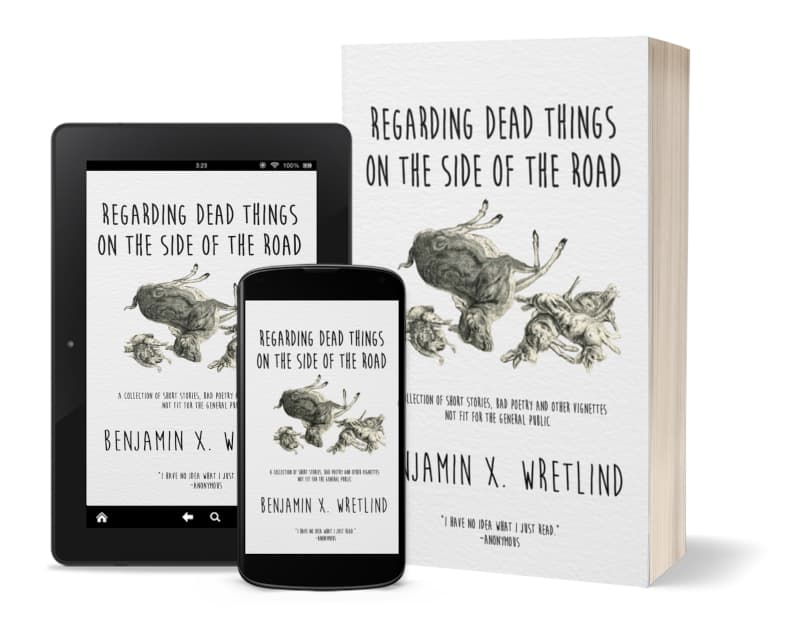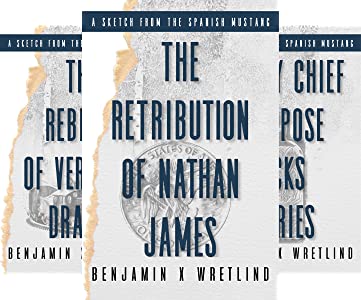Action: 5 – There is some movement and exploring happening, but it is slow-paced and not very intense. Reasoning: The passage describes the daily routine of Kaius and his scouts as they search for something of value. There are a few moments of movement, such as when they climb hills and finally discover the Stinky Sea, but overall the action is not very fast-paced or thrilling. The discovery of a potential human-like figure at the end does add some intrigue, but it is not an overly exciting or action-packed moment.
Emotional Impact: 5 – The passage has some intrigue about discovering something, but it lacks strong emotional elements such as intense excitement or fear. The description of their journey and the landscape creates a sense of monotony and a feeling of hopelessness regarding their mission. The discovery of the strange rock creature adds some interest, but the reaction of the scouts is relatively subdued.
Clarity: 8 – The passage does a good job at conveying the main character’s frustration with their task and the ambiguity of their orders. The description of the landscape is clear, although there are some moments where the language can be a bit convoluted. The appearance of the rock creatures is well-described, and the finding of a possible human figure is a clear plot point. The only areas where clarity could be improved is in some of the dialogue, which can be a bit confusing at times.
Content: 8 – This passage has strong story development as it sets the scene for a group of scouts on a mission to discover new resources and brings them to a new location with unique challenges and unexpected finds. Reasoning: The passage establishes the character of Kaius as a competent leader who is frustrated with the lack of progress in their mission. It also introduces the other members of his scout team and their dynamic. It creates a vivid sense of setting with the descriptions of the landscape and the Stinky Sea. The discovery of the chittering rocks adds a sci-fi element to the story and raises questions about the world they are exploring. The appearance of a possible man-like figure at the end creates excitement and sets up potential plot twists for the future. Overall, the passage effectively develops the story and leaves the reader wanting to know more.
Pacing: 7 – The passage does a good job of building tension and slowly revealing details about the world and the journey, but there are some sections that drag a bit and could benefit from tighter editing. The climax at the end is effective in disrupting the monotony of the journey so far and adding a new layer of intrigue to the story.
Characterization: 7 – The characters are all distinct and have their own personalities and quirks, but they don’t undergo much development throughout the passage. However, their interactions with each other feel natural and believable, and the dialogue reveals their attitudes and beliefs. Additionally, the protagonist Kaius has a clear goal and motivation, and his thoughts and actions reflect his role as a leader and his experience as a scout.Luca: 5 – The dialogue is simple and lacks depth in characterization, but it does provide necessary information for the story. Kaius: 8 – His dialogue is well-written and authentic, conveying his tiredness and frustration with his mission. Raphael: 6 – Raphael’s dialogue is mostly used for humor, but it does add some characterization. Nico: 4 – Nico’s dialogue is minimal and doesn’t provide much insight into the character. Ivan: 5 – Ivan’s dialogue is simplistic and lacks depth, but it does convey his belief in the mission. Overall: 5.6 – The dialogue is serviceable for the story but lacks the depth and authentic feel of a truly well-written conversation.
Style: 6 – The style in this passage is straightforward and descriptive, with a focus on the characters’ actions and dialogue rather than poetic language or vivid imagery. While it’s not particularly unique or engaging, the writing is clear and easy to follow, making it enjoyable to read for those interested in science fiction world-building and exploration. There are a few instances of humor and wit, particularly in the banter between the scouts, but overall the tone is serious and focused on their mission.
Mechanics: 9 – The overall mechanics of the passage are very good, with only a few minor errors detected. Grammatical errors noted: – In the sentence “He didn’t know how they ended up on his scout team, but there they were, a ragged bunch of misfits, all with their heads shaved,” the use of “they” instead of “them” is grammatically incorrect. – The sentence “After a few songs sung by Luca and a made-up story by Raphael about the time he bested a rychat while patrolling the outside walls of New Emile, the day’s travels caught up to them and they slept” could be more clear if it were split into two sentences.
Quality: 6 – While the passage contains some descriptive language and creates a vivid setting, the writing could benefit from more varied sentence structures and more sophisticated vocabulary. The dialogue between characters feels somewhat stilted and lacks depth, making it difficult to fully engage with the story. However, the concept of a group of scouts on a mission of discovery in a strange, new world is intriguing and could lead to more interesting developments in the plot.
Suggestions for Improvement: 1. The passage lacks clear descriptions and sensory details. The reader is unable to visualize or feel the environment and characters. This can be improved by incorporating more descriptive language that paints a picture in the reader’s mind. For example, “The ground was muddy” can be improved to “The thick ooze clung to their boots, trying to suck them down into the reeds.” 2. The dialogue feels forced and unnatural at times. To improve this, the writer could focus on making the dialogue sound more realistic and true to character, through the use of different language styles or speech patterns. 3. The character development feels lacking. The scouts all have similar personalities, and their motivations and struggles are not well established. To improve this, the writer could focus on developing unique and memorable personalities for each scout, and providing more insight into their backgrounds, motivations, and personal challenges. 4. The plot development feels slow and uneventful at times. To improve this, the writer could focus on adding more plot twists and unexpected events to keep the reader engaged. 5. The writing could benefit from more varied sentence structures to create a more engaging reading experience. For example, using short, choppy sentences to convey action, and longer, more complex sentences to set the scene or provide more detail. 6. Finally, the author could work on creating more tension by incorporating more conflict and suspense into the plot. This could be done through the use of cliffhangers, plot twists, and unexpected surprises.


